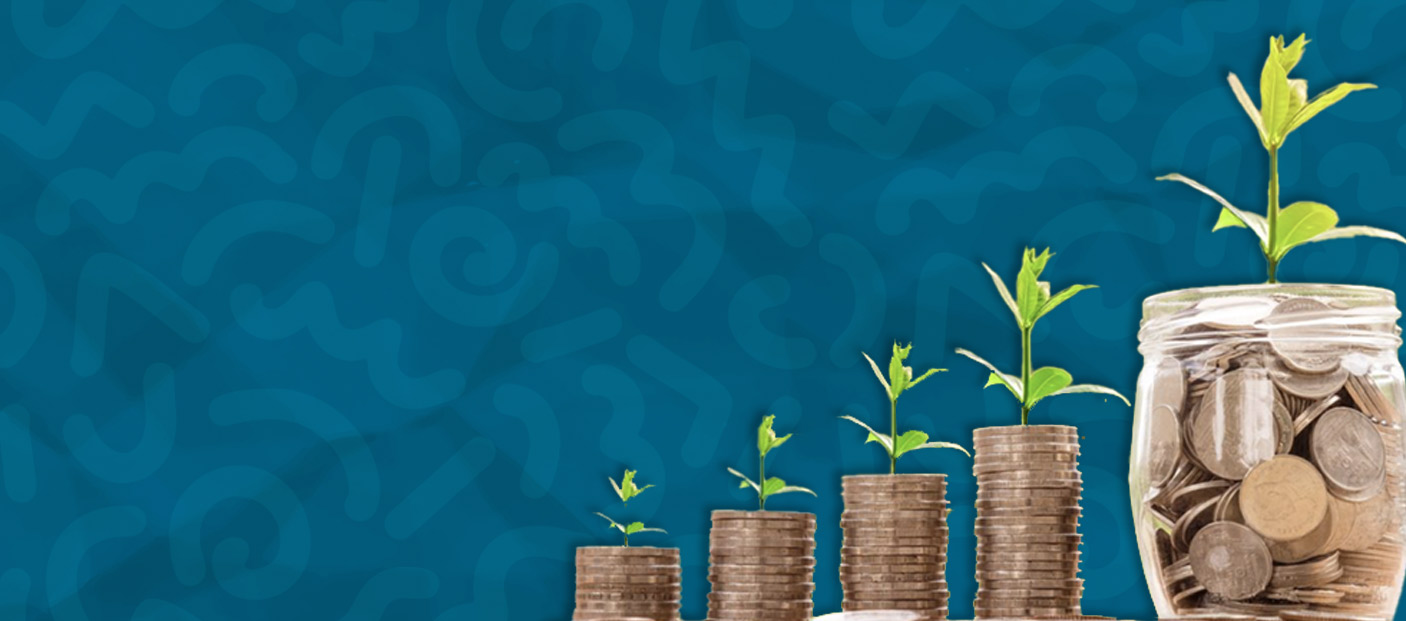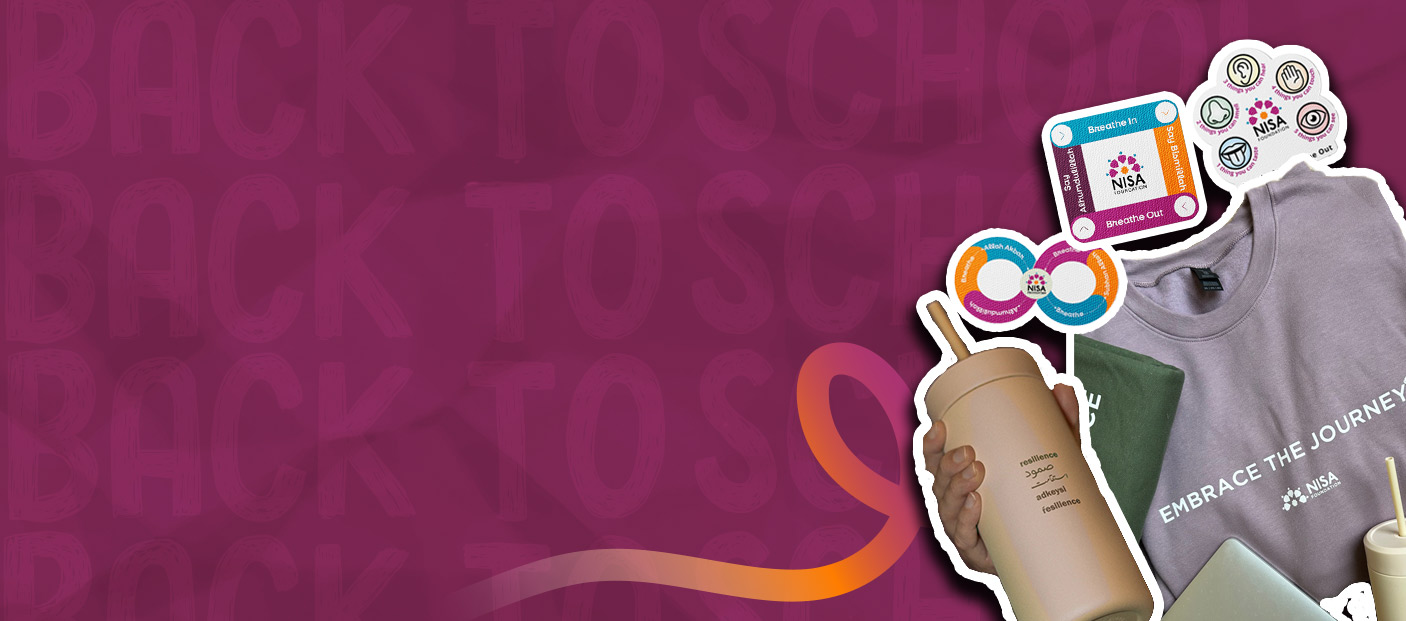Understanding Suicide & 7 Proven Ways to Cope with Suicidal Thoughts
Suicide is one of the most difficult topics to discuss, yet it’s one that deeply affects individuals, families, and entire communities. The more we understand it, the better equipped we are to respond with compassion, break the stigma, and offer support.
What is Suicide?
Suicide means ending your own life. For some, it can feel like the only way to escape from their pain whether that pain is emotional, mental, or even physical. Using the term “died by suicide” instead of outdated phrases like “committed suicide” helps remove judgment and focus on empathy.
A “suicide attempt” is when someone tries to end their life but survives. This is a critical warning sign that they need immediate and ongoing support.
Why This Conversation Matters in Our Communities
While many assume suicide is rare in Muslim communities, research shows otherwise. A Stanford University study found that Muslims are twice as likely to attempt suicide compared to people of other faiths. In Canada alone:
· 12% of people have thought about suicide.
· 3.1% have attempted it.
These numbers mean silence isn’t an option. Faith, community, and culture are powerful sources of hope; but only if we talk openly and provide accessible help.
Coping Strategies for Suicidal Thoughts
If you are struggling with suicidal thoughts, please remember you are not your thoughts and you are not alone. What feels permanent now may shift with time, support, and the right coping tools.
Here are 7 practical ways to help manage overwhelming moments:
1. Don’t believe every thought you have
We have 50,000-70,000 thoughts per day. Not all of them are rational, helpful or serve us to meet a higher potential. It’s important to filter through thoughts that are automatic, negative, pessimistic or self-sabotaging. Your mind can present distorted, hopeless scenarios when you’re in emotional pain. These are not always an accurate reflection of reality.
2. Feelings are not facts
Just because you feel bad doesn’t mean the situation is bad. Feelings come and go. It’s important to recall times where you had a similar feeling that passed and use it to help you manage your current emotion. You may feel unworthy or hopeless, but these emotions are temporary. They do not define your value or your future.
3. Reframe your thoughts
Shift “There’s no way out” to “I haven’t found the way yet.” Small changes in language can change your outlook. Some other questions which you can ask yourself include: Do I really want to check out of this life, or do I just want to check out of this problem? Am I really ending my own pain and suffering, or would I just be transferring the pain to friends and loved ones I leave behind?
4. Name it to tame it
Identify what you’re really feeling. Deconstructing our emotions helps make them less intense and scary. It helps us figure out our core values and identify our immediate needs. Emotional avoidance will be your enemy when it comes to emotional regulation. Label your emotions: “I feel anxious,” “I feel lonely.” Naming what’s happening can help you feel more in control.
5. Brain dump
Write down everything that is bothering you without editing or judging it. Decluttering your mind will help you address your triggers and any factors contributing to suicidal thoughts in a proactive manner. This helps declutter your mind and reduce overwhelm.
6. Create a holistic routine
Create a schedule and plan for your day by setting goals. Be kind to yourself if you can only achieve one goal on your list! When depressive symptoms peak, utilize low-impact self-care strategies. When productivity increases and depressive symptoms plateau, engage in more challenging self-care strategies such as exercise, yoga or going out with friends. Structure can bring stability to chaotic emotions.
7. Seek support
Talk to someone you trust, this could be a friend, a family member or a colleague. Professional help is available 24/7 through suicide prevention lines and Muslim mental health services.
We are here for you
If you are in immediate danger, please call 911 or Talk Suicide Canada at 1-833-456-4566. You can also reach out to Nisa Mental Health for 5 free professional counselling sessions or Nisa Helpline; a non-judgmental confidential helpline available 16 hours a day in 5 different languages.


.svg)









































.jpg)


.jpg)


















.jpg)










